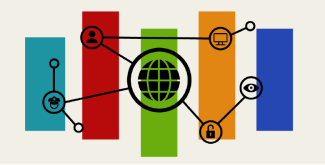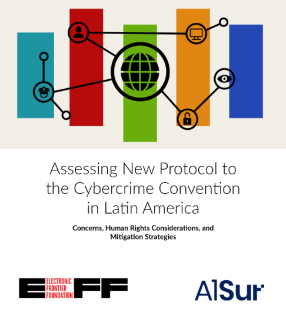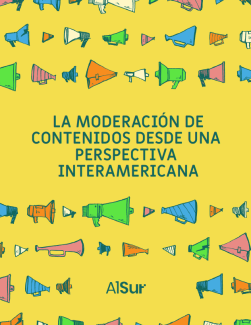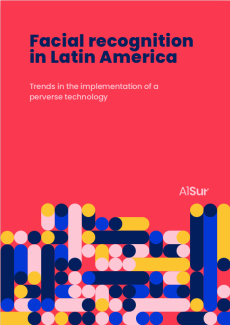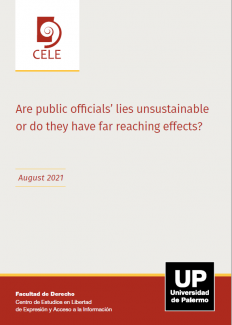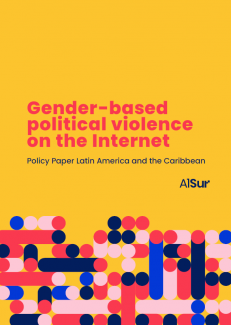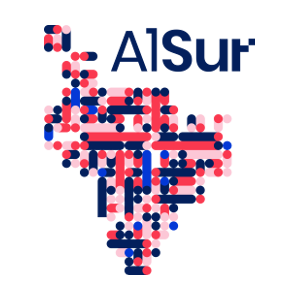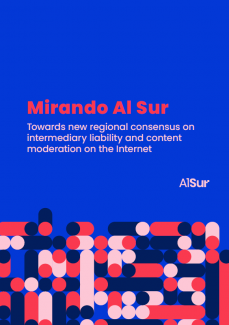Al Sur's position on the closure of Twitter's Trust and Safety Council
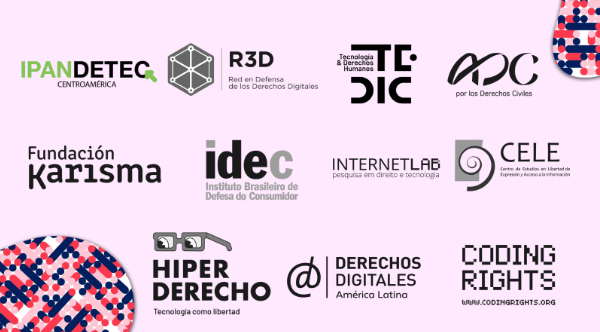
The consortium of 11 organizations working in civil society and academia to strengthen human rights in the digital environment in Latin America, Al Sur, has been a member of Twitter's Trust & Safety Council for several years. That is why we express our concern about the news of its closure, an action that adds to other arbitrary measures taken by the new management of Twitter.



